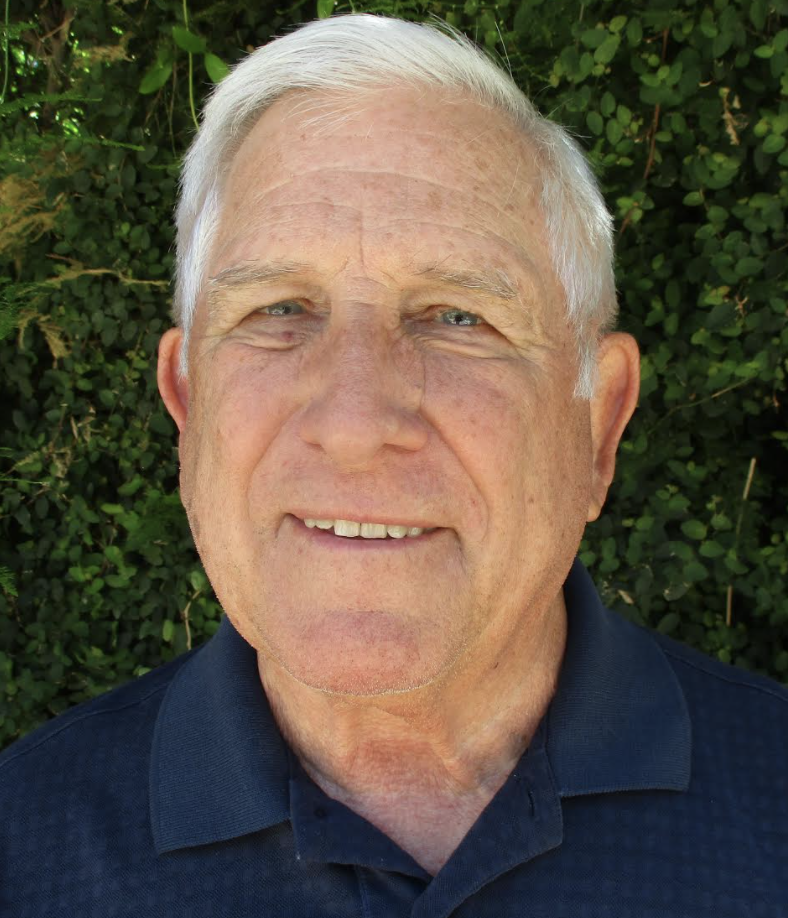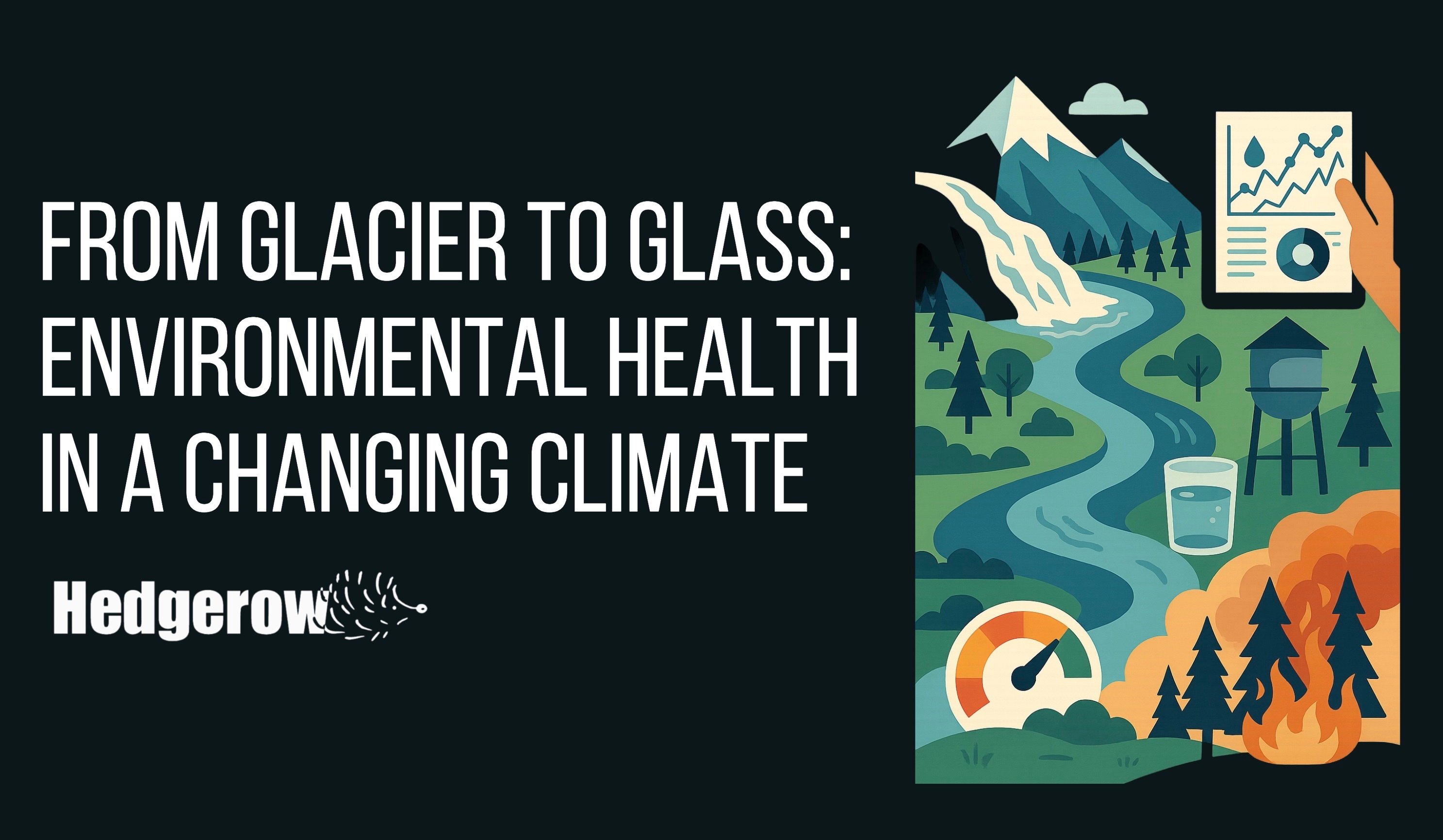I’ve really been enjoying the conversational shift within environmental health away from COVID-19 and into other areas that also deserve our attention. One area I find particularly interesting is the dialogue surrounding data standardization in environmental health. NEHA President Roy Kroeger wrote an interesting article about the concept of “data lakes” and how government agencies should strive to share more data across agencies, for the betterment of community safety. I couldn’t agree more. For anyone that’s spent time collecting and analyzing data sets, we know standardization is extremely helpful for speed of analysis, accuracy, and has many other benefits when building a toolkit for hard working EH professionals. Yet, given how much scientific and statistical rigor is applied within environmental health, we still don’t do a great job of standardizing critical information across cities, counties, and states. I’d love to hear your thoughts on why this is the case and ways we can overcome this debilitating challenge. Meanwhile, here are three ideas I’ve been thinking about to improve data standardization in environmental health:
Incentivize Environmental Health Agencies To Make A Change
Within environmental health there are two major streams of thought and leadership–one at a national/federal level and another within the local municipalities such as cities, counties, and states. Why do these streams of environmental health consciousness not always coincide? Like many things in life, you can usually predict the outcome of something when you look at the incentive. Hedgerow Software CEO Neil Grinwis and EH insider Mel Knight, REHS Ret. participated in a NEHA Informatics Committee a few years ago with a mission to:
Be a resource for environmental health professionals and NEHA leadership dedicated to developing informatics resources and programs, increasing workforce capacity and fostering improved data-use to protect public health.
When I asked Neil and Mel about the struggle to improve data standardization and transparency across agencies, they both responded that a significant challenge lies in not providing enough incentives for small and mid-sized agencies to make a drastic change. The Food and Safety Modernization Act was a bold step in the right direction, however, without proper funding to offset agency costs to adopt a “single source of truth” database managed by the FDA, it never realized its full potential. Perhaps a fresh look at local or federal funding is necessary, as we thankfully begin to exit the pandemic and some funds could be reappropriated.

(Image Credit: FDA)
Take Cues From Other Industries
I often wonder why environmental health doesn’t take the lead from other sectors like personal health care, which some argue has done a better job at data standardization. ISO Standards for medical device production and the acute need for protecting patient health care records and personal information, for example, have made great strides over the last decade. Why hasn’t there been a similar movement within environmental health? While the FDA has done a good job providing guidelines for states to follow, they stop short of being law.
I’m sure rapid technological innovation has also played a key role, as health care organizations moved away from paper-based systems to software and cloud-based tools to more effectively manage patient care. Meanwhile, it seems like EHS technology is moving in the opposite direction, as more vendors leave the environmental health sector to pursue larger government contracts spanning more departments. Hedgerow Software, my company, is one of the last data management companies left that is 100% focused on building technology purely for environmental health agencies. We worry more EH teams will be forced into using a toolkit that fits the broad requirements of other departments but doesn’t make life any easier for environmental health inspectors and managers.
Share The Wealth Of Data Across Environmental Health
When it comes to less personal data, such as toxic waste violations or foodborne illness outbreaks caused by companies, we aren’t adept at sharing this information across local municipalities. Why is this the case? I’m sure there is a bit of not wanting to share “hard earned data” which is human nature, I suppose, to closely guard things we’ve invested time, money, and energy into. However, moving past this knee-jerk reaction can have major gains. At Hedgerow we work with most of the environmental health agencies in Michigan. This enables new agencies in the state to get up and running quickly because there is a common set of standards that are translated well into the data architecture, structure, and reporting within the products. This means less costly implementations for agencies because they don’t need to reinvent the wheel each time they want to roll out EHS technology to manage data collection, inspections, and reporting. If you want more specific information about what this looks like for EHS technology, see this brief overview of Hedgerow Software’s Spring product update.
Also, as mentioned earlier, looking at a centrally managed approach by the FDA could be helpful. Especially if we’re able to create the right incentives for all agencies to participate, versus only those with large IT or operational budgets.
I’d love to get your thoughts on how we can improve standardization within environmental health. Please leave your comments below or connect with me on LinkedIn to continue the dialogue.





